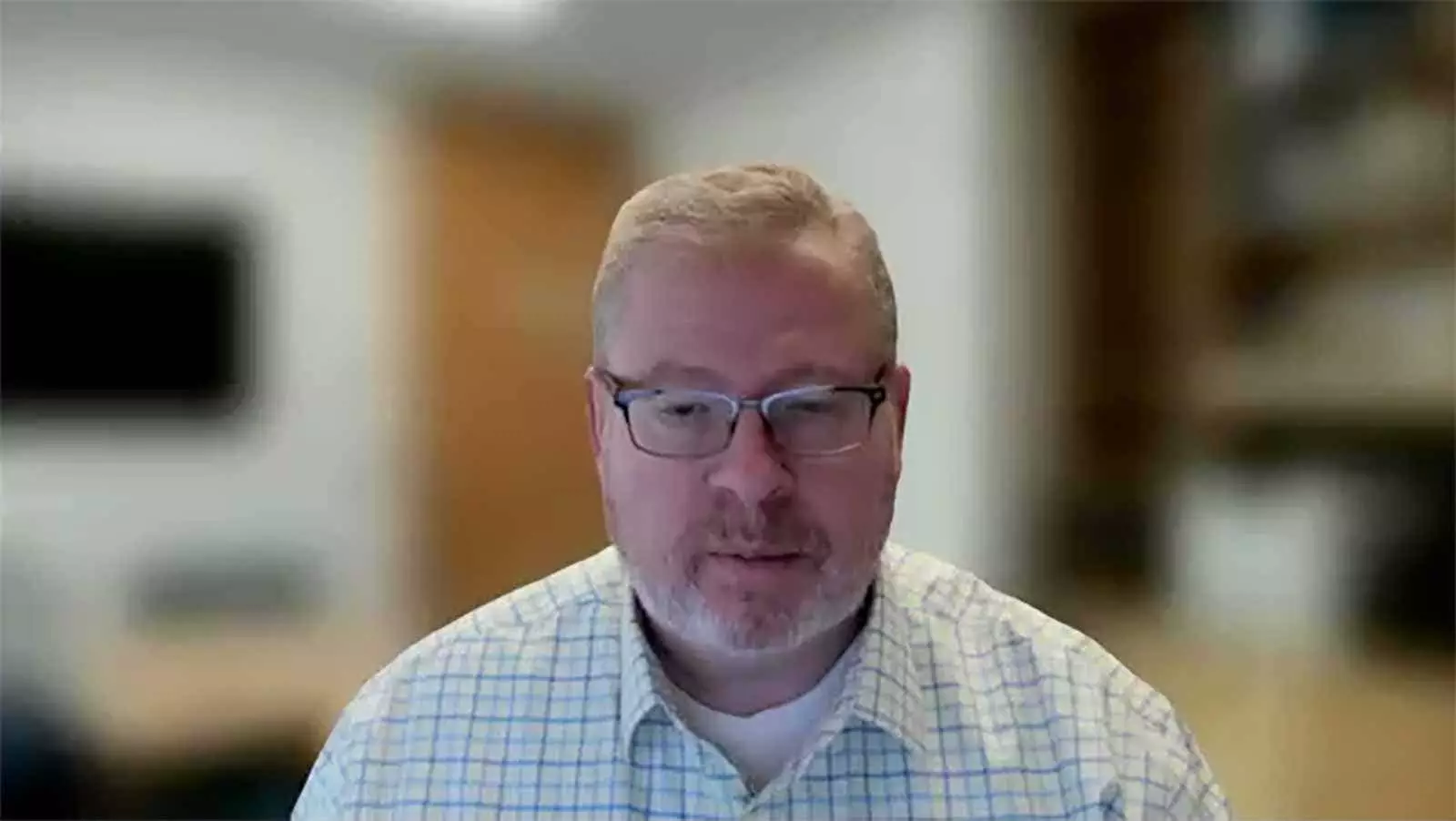Recent findings from the European Society for Medical Oncology (ESMO) annual congress have shed light on the treatment landscape for patients suffering from metastatic urothelial carcinoma, particularly concerning the monoclonal antibody enfortumab vedotin, also known as Padcev. A retrospective analysis revealed that patients who achieved a complete response after more than 8.5 months of treatment could effectively remain off therapy for over two years, prompting a reevaluation of traditional treatment durations.
The latest data indicates that patients who experienced a complete response to enfortumab vedotin may not require immediate reinitiation of therapy for a significant period, specifically up to two and a half years. This observation was highlighted by Dr. Jonathan Rosenberg of Memorial Sloan Kettering Cancer Center, who articulated the potential implications of these findings for clinical practice. It is worth noting that many patients experience treatment-related toxicities, including neuropathy, which often necessitate a pause in therapy. Historically, it has been common to discontinue treatment even if the patient has shown stable or improving health.
The unique aspect of this analysis was that it focused on a subset of 57 patients who were observed to have stable disease or better and who had to cease treatment for various reasons. Dr. Rosenberg emphasized that if patients can maintain their response for over six months, extending treatment beyond typical cessation points could prevent disease progression. Indeed, those patients who maintained a therapeutic response for longer durations were often able to delay the resumption of treatment significantly.
This emerging data challenges the prevalent notion of minimizing treatment duration in response to risks of toxicity. Dr. Rosenberg raises a crucial point: could a strategy of longer exposure to enfortumab vedotin before reassessment lead to more enduring remissions? There seems to be an urgent need for a paradigm shift that favors prolonged therapy in selected patients. As we continue to explore these findings, longer-term studies will be essential to assess whether this approach might lead to better patient outcomes and lower rates of disease resurgence.
As we advance our understanding of treatment protocols for metastatic urothelial carcinoma, the information unveiled regarding enfortumab vedotin is significant. It advocates for a potential reevaluation of treatment timelines and suggests that clinicians should possibly adopt a more nuanced perspective regarding therapy duration. While hastening to deprive patients of an effective treatment due to concerns over toxicities might seem prudent, the findings underscore the importance of tailoring treatment plans to individual patient responses.
The retrospective data presented adds a compelling dimension to our approach toward metastatic urothelial carcinoma management. The prospect of substantial drug-free periods for responding patients can potentially reshape treatment philosophies, instilling a more personalized treatment strategy. The medical community eagerly anticipates further investigations to refine our understanding of optimal treatment durations and maximize patient quality of life in the future.


Leave a Reply